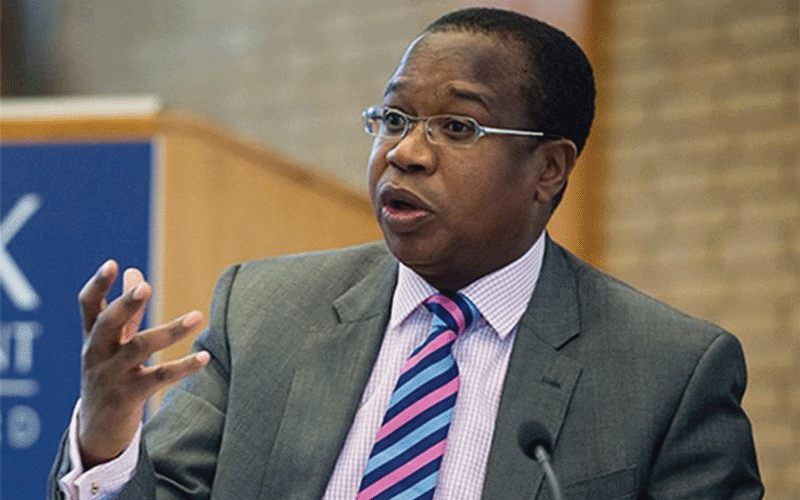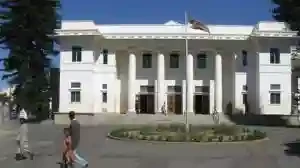
CONTRACTORS owed millions of US dollars by Zimbabwe’s cash-strapped government after undertaking substantial infrastructure projects indicated this week they were open to negotiate land deals with the State.
Government sources said a few such discussions had been made, although the Zimbabwe Independent could not ascertain the outcomes.
President Emmerson Mnangagwa’s government, battling a US$21 billion debt, has struggled to pay contractors rebuilding roads and other assets, triggering delays.
Addressing Parliament recently, Finance Minister Mthuli Ncube acknowledged the payment delays to legislators, attributing them to “cash constraints.”
This week, Zimbabwe Builders and Construction Association president Tinashe Manzungu said the business lobby would welcome signing land-based payment deals with the government.
He said contractors were keen for funding to keep operations afloat after the payment gridlocks threatened many businesses.
“I am not aware of any formal policy where the government is already paying in kind, but it is a very workable idea — something that we would welcome,” Manzungu said.
“If the government can give that directive, it can assist contractors in clearing their debts. It could be land for farming, land for development, or for mining. It is something that is highly welcome and beneficial for all parties involved.”
- Mavhunga puts DeMbare into Chibuku quarterfinals
- Bulls to charge into Zimbabwe gold stocks
- Ndiraya concerned as goals dry up
- Letters: How solar power is transforming African farms
Keep Reading
Some firms are reportedly owed substantial sums, with financial strain mounting as operational costs increase and access to credit remains limited.
Some contractors have also proposed structured joint ventures with the government, where land is used as equity to initiate or complete large-scale development projects.
Such models, they argue, could reduce the state’s financial burden while empowering local businesses to drive growth.
Manzungu said the construction industry remained in distress due to delayed payments.
“The core issue is that the government continues to issue tenders without having adequate financial resources in place,” he said.
“We acknowledge that it has been a difficult environment, and it is clear that the government is struggling to meet all its financial obligations under its development plans.
“This is partly due to the limited inflows from both the private sector and the international community, which have yet to fully materialise.”
Subsequently, firms were constrained from consistently working on infrastructure projects, Manzungu said.
“As a result, the government is in a weakened position to honour payments for work that contractors have already completed. The construction sector, therefore, continues to suffer under the weight of unpaid dues,” he said.
“Due to the nature of the initial contracts, it is deeply concerning to see our equipment now lying idle because there has been no continuity of work — particularly on road projects, which were more active during the Sadc-backed period. This situation renders our machinery obsolete, forcing us to explore alternatives such as exporting our equipment and materials to other markets.”
Zimbabwe rolled out a number of road projects when Mnangagwa assumed the leadership role of Sadc last year during the bloc’s summit held in August.
Manzungu appealed to the government to ensure that tenders are issued only when adequate financial resources are available.
“The government must actively promote public-private partnerships (PPPs), with support from institutions such as the Zimbabwe Investment and Development Agency, to reduce reliance on direct state funding. Engaging in PPP arrangements with the industry would be far more sustainable than expecting the government to pay in hard cash at the end of each project.”
In 2023, the Independent reported that government projects were under threat as contractors were contemplating pulling out due to unpaid dues.
With global markets cautious about Harare due to its high country-risk profile, authorities were allegedly forced to print high volumes of money to bankroll the operations, with dire implications for the exchange rate and inflation.
Globally, governments raise bonds or borrow from banks to fund the construction of roads, dams, power facilities, and other infrastructure projects.






